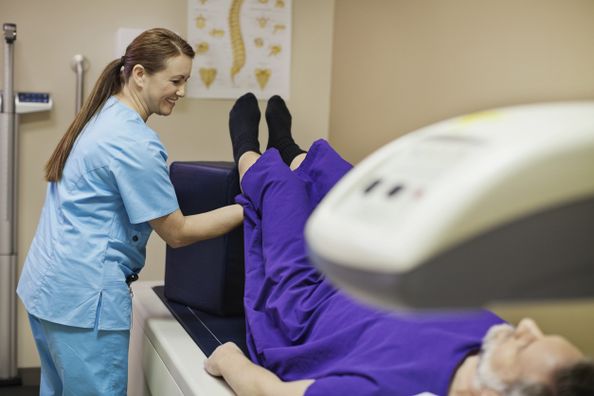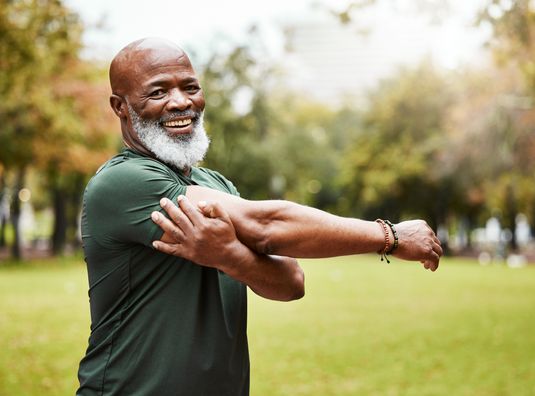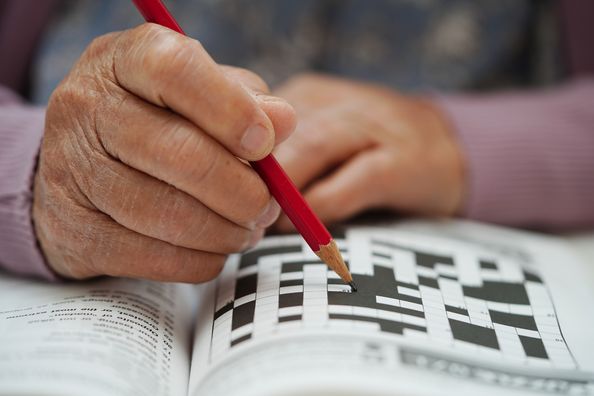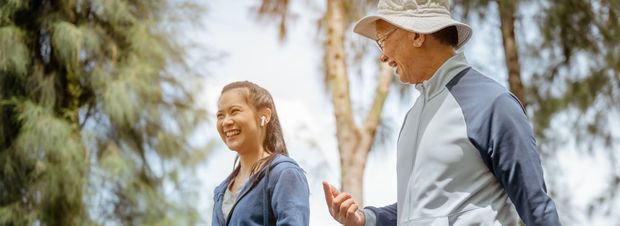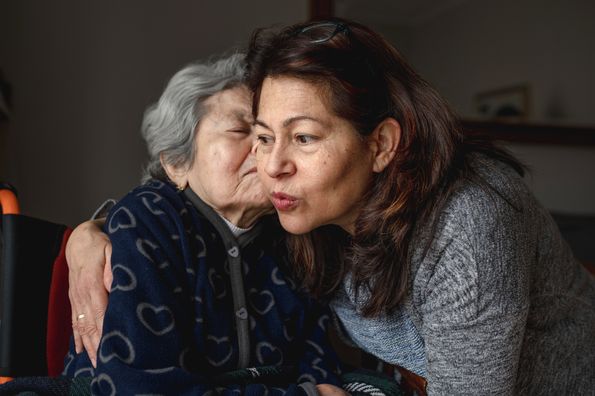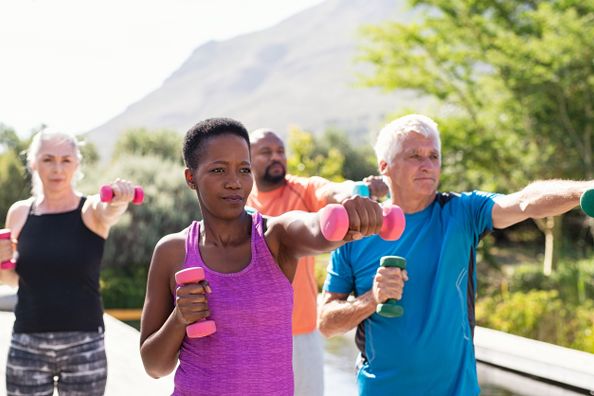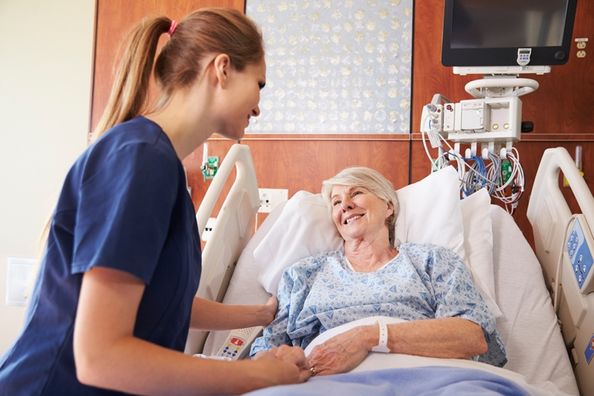Mammograms, pap smears, and colonoscopies may all be common health screenings that you have heard of before. These screenings are all a part of staying healthy and informed about different health risks, but they aren’t the only screenings you should get.
One test you may be less familiar with is the bone density scan.
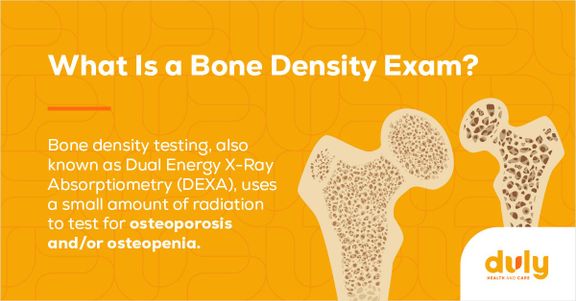
Your bones help you accomplish day-to-day tasks — everything from sitting to standing to walking is made possible by your skeleton. While you may not be able to see them, bones play a big role in your overall health. Taking care of your bones as you age is key to staying healthy and being able to do the activities that you enjoy.
Here are 3 reasons getting a bone density test is an important part of your routine healthcare as you age.
1. To Know If You Have Osteoporosis or Osteopenia
A bone density scan can tell you a lot about your body, bones, and potential health concerns. Just like an x‑ray can show you if you’ve broken your arm, a bone density scan can show you something about your bones that you can’t see with just your eyes.
Bone density exams are used to figure out how much calcium and minerals are in your bones. This tells you and your provider how strong and solid your bones are.
Over time, patients will lose some of the density and mass in their bones, and this is normal as people age. DEXA or bone density scans evaluate your bone mineral density by comparing your bone mineral density to that of younger patients. Bone mineral density is measured at the spine and hip and sometimes the forearm and calculated as a T‑score.
So, do you actually need one?
If you are a woman over the age of 65 or a man over the age of 70, the simple answer is yes. We recommend that any woman over the age of 65 or man over the age of 70, schedule a bone density scan as a part of their routine healthcare screenings. Bone density scans are also recommended for anyone who has broken (fractured) a bone after the age of 50 or women or men over the age of 50 who have risk factors for osteoporosis.
Just like you get your first pap smear at age 21 or your first mammogram around age 40 to 45, getting a bone density scan is just another part of getting older and taking care of your body as you age.
If you feel you may need a bone density scan, talk with your primary care provider.
2. To Learn Something About Your Family Medical History
Many health conditions tend to run in families. Just like you might inherit brown eyes or freckles from your family, osteoporosis also has a genetic component that can be passed down.
When you get a bone density scan, you can learn whether you have osteoporosis, which can be good information to share with your family. If you have a family history of osteoporosis, your Duly provider may recommend you get a bone density test earlier than 65 years old. By learning about your own medical history, you can contribute new information to your family’s medical history.
Your children, grandchildren, and younger siblings can all benefit from your bone density test.
3. To Protect Your Bones As You Age and Prevent Injuries
Osteoporosis makes your bones frail and prone to fracturing or breaking — making fall prevention even more important. For some, a fall may just be an inconvenience or lead to a bump or bruise. For others with osteoporosis, even a small fall can lead to a big injury like a broken hip or fractured bone.
A bone density scan can help you gauge the health of your bones and whether you should take any additional precautions around your home to prevent falls.
You can prevent falls in your or a loved one’s home by:
- Creating clear pathways between rooms
- Cleaning up clutter on the floor like power cords, clothes, or other items
- Putting commonly used items on lower shelves
- Installing handrails on staircases and in the shower
- Making sure there is good lighting to see by — especially at night
After a bone density scan, your provider may tell you that you have osteoporosis and are more prone to an injury if you fall. As a result, your provider may recommend the use of an assistive device like a cane or walker which can provide more balance, confidence, and independence. Be sure to follow their guidance to prevent a fall and an injury.
Making Bone Health a Lifelong Priority
As you get older, you may notice different physical changes to your body, such as a couple more gray hairs on your head or wrinkles on your face. Your bones also change as you get older so it’s important to take the necessary steps to keep them healthy. Even if you can’t see them, your bones play a big role in your wellness. Talk to your Duly provider about how to keep your bones healthy at any stage in your life.
Health Topics:

